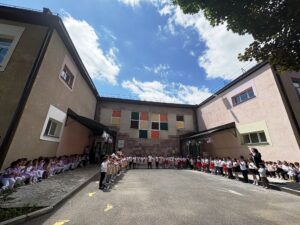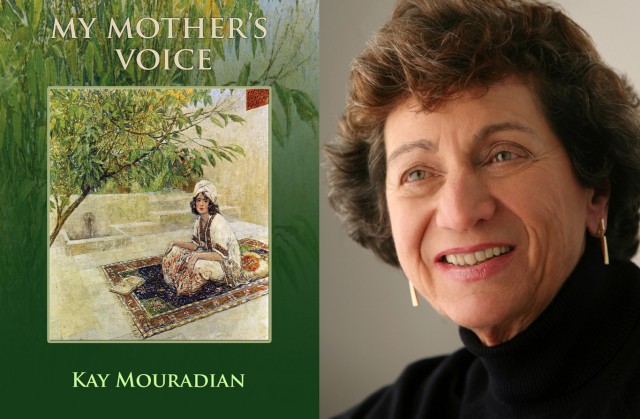By Cameron Vernali
LOS ANGELES (Daily Bruin) — Kay Mouradian’s mother survived the Armenian Genocide at the age of 14.
However, while Mouradian heard stories of her mother’s experiences as a child, the University of California at Los Angeles (UCLA) alumna wouldn’t really learn about the details of the horrific event until she began writing a book on the subject called My Mother’s Voice in her 50s.
The novel and accompanying documentary focus on her mother’s life during the Armenian genocide, which Mouradian researched for 10 years in libraries, book shops and other countries. Mouradian won the Armenian Genocide Awareness Legacy Award at the Armenian National Committee of America Western Region’s annual awards banquet on February 24 for spreading awareness of the topic and said she hopes a personal focus on the Armenian genocide will help people, especially teachers, remember a part of history that is often forgotten.
Mouradian said the idea for the book first came from her mother, who was suffering from severe dementia. As her condition got worse, she told Mouradian to write a book about her life and the Armenian Genocide. However, Mouradian was teaching throughout Los Angeles and had plans to go to Beijing to teach overseas at the time.
But her plans changed — Mouradian never went to Beijing and ended up writing the novel instead. Mouradian said she wanted to help the Armenian Genocide retain its place in history, and as a former teacher, she wanted to give other educators a more accessible way of understanding the genocide.








